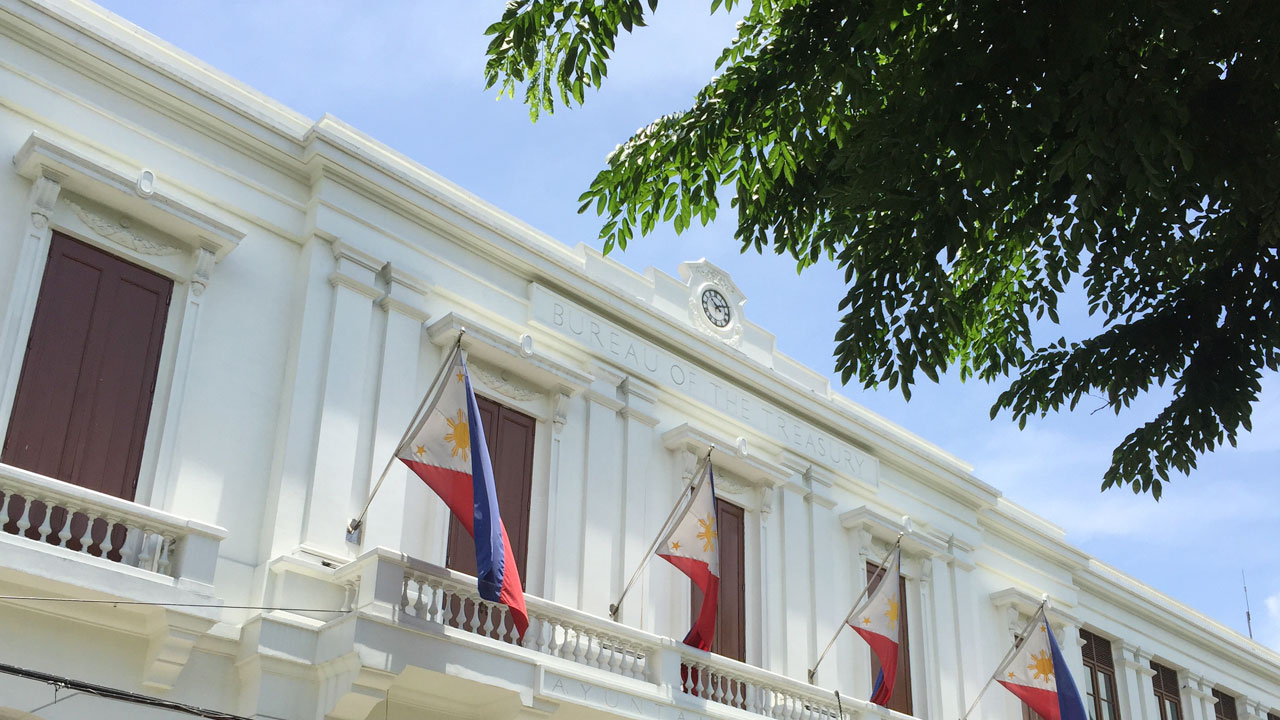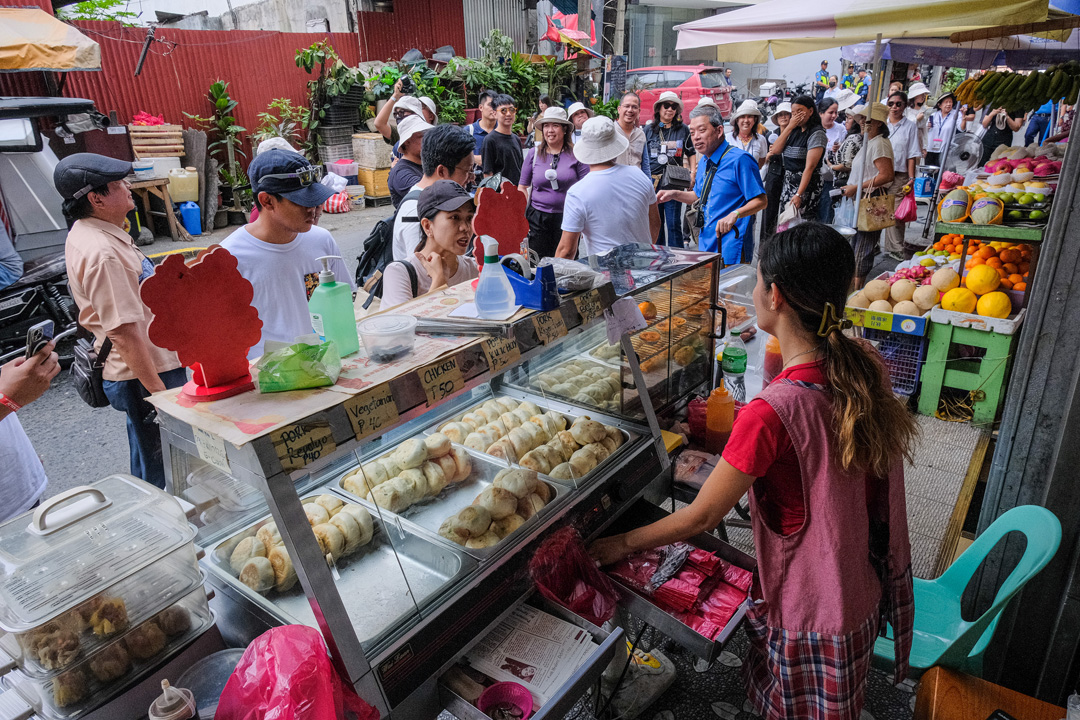
Upgrade to High-Speed Internet for only ₱1499/month!
Enjoy up to 100 Mbps fiber broadband, perfect for browsing, streaming, and gaming.
Visit Suniway.ph to learn
 BW FILE PHOTO
BW FILE PHOTOTHE GOVERNMENT made a full award of the reissued Treasury bonds (T-bonds) it offered on Tuesday at a lower average yield amid strong demand and as expectations of easing inflation bolstered bets of another rate cut by the Bangko Sentral ng Pilipinas (BSP) as early as this month.
The Bureau of the Treasury (BTr) raised P30 billion as planned via the reissued seven-year bonds it offered on Tuesday as total bids reached P59.869 billion or nearly twice as much as the amount placed on the auction block.
This brought the total outstanding volume for the bond series so far to P321.7 billion, the Treasury said in a statement.
Following the strong demand for Tuesday’s offer, the BTr opened its tap facility window to raise P5 billion more through the papers.
The bonds, which have a remaining life of five years and one month, were awarded at an average rate of 5.887%. Accepted bid yields ranged from 5.8% to 5.899%.
The average rate for the reissued papers was down by 5.6 basis points (bps) from the 5.943% fetched for the series’ last award on April 29 and was 48.8 bps lower than the 6.375% coupon for the issue.
It was likewise 1.1 bps below the 5.898% quoted for the five-year bond but 2.9 bps higher than the 5.858% seen for the same bond series at the secondary market before Tuesday’s auction, based on PHP Bloomberg Valuation Service Reference Rates data provided by the BTr.
The Treasury fully awarded its T-bond offer as the issue’s average rate was lower than the yield fetched for the previous reissuance and in line with prevailing secondary market rates on expectations that Philippine headline inflation eased further in May, which would give the BSP room to cut benchmark rates further, Rizal Commercial Baking Corp. Chief Economist Michael L. Ricafort said in a Viber message.
“The T-bond auction yield was also slightly lower on relatively higher total bids compared to previous Treasury bond offerings in recent weeks,” Mr. Ricafort said.
“As mentioned, the BTr will take advantage if there is a hint of strong demand,” the first trader said in a text message.
A BusinessWorld poll of 17 analysts yielded a median estimate of 1.3% for the May consumer price index (CPI), slower than the 1.4% in April and 3.9% in the same month a year ago. This is within the BSP’s 0.9%-1.7% forecast for the month.
If realized, this would be the lowest CPI in more than five years or since the 1.2% in November 2019.
The Philippine Statistics Authority is scheduled to release May inflation data on Thursday (June 5).
Analysts have said that cooling inflation bolsters the case for further policy easing by the central bank, with another rate cut likely at the Monetary Board’s June 19 meeting.
The Monetary Board in April reduced the target reverse repurchase rate by 25 bps to 5.5%, bringing total cuts thus far to 100 bps since it began its easing cycle in August last year.
BSP Governor Eli M. Remolona, Jr. last month said that they could deliver two more rate cuts this year amid easing inflation, still in “baby steps” or increments of 25 bps.
After June, the Monetary Board’s remaining meetings will be in August, October, and December.
Meanwhile, the second trader flagged that despite the oversubscription for Tuesday’s offer, the non-competitive bids fetched for the papers were relatively lower compared to those seen for recent issuances with longer tenors.
“The awarded yield also landed at the higher end of the range. At this point, the market appears to be seeking fresh catalysts, with the anticipated policy rate cut seemingly already priced into investment assets, while bank funding costs remain elevated,” the second trader said.
The BTr is looking to raise P230 billion from the domestic market this month, or P100 billion via Treasury bills and P130 billion through T-bonds.
The government borrows from local and foreign sources to help fund its budget deficit, which is capped at P1.54 trillion or 5.3% of gross domestic product this year. — Aaron Michael C. Sy




